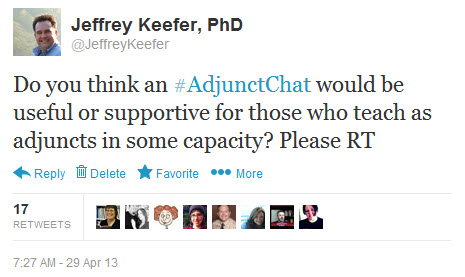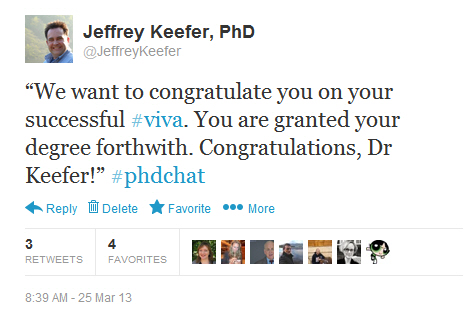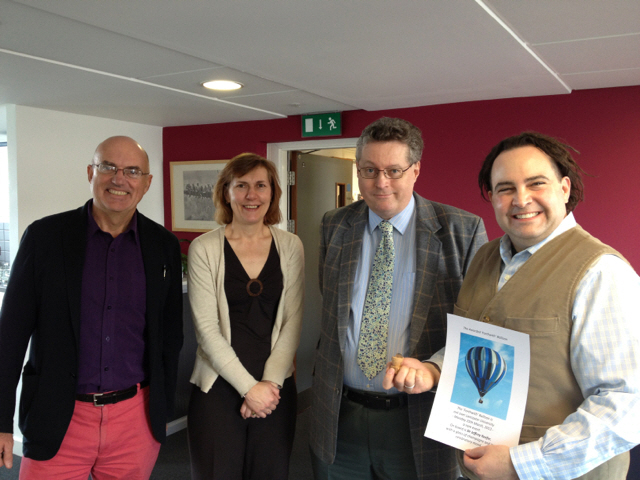I have found the most difficult challenge in my doctoral thesis (dissertation) thus far to be transcription.
As a matter of fact, there are few things I have struggled with more than transcription. While I love hearing the interviews again – I make connections, I feel even more connected to the experience – but for some reason(s) my mind goes numb when I think about transcription. I either type slowly or my mind wanders or I nod off or whatever, so much to the extent that I finally had to hire somebody associated with my university to help with my transcription. Either I was going to go broke and get it done or I simply was not going to finish.
Thus, even with transcription behind me, I still have to re-listen to the interviews and review / correct / edit them. Even the best transcriber in the world was just not there at the interview, and thus cannot know the context as much as I do. Thus, I need to re-listen and check and verify and tweak before I return to the interviewees for their checking, and while this is close enough to the transcription process that my mind borders on numbness and revolt, I have discovered a technique (once again from my wonderful #phdchat network!) to help me chunk this process into small portions that are not overwhelming.
 Enter the pomodoro.
Enter the pomodoro.
The Pomodoro Technique is a simple time management process where you do a single task for 25 minutes, without any distraction, followed by a 5 minute break. Track the success. Repeat. Get the idea? Large tasks can be overwhelming, though if we break them down to doable chunks, called pomodoros, we are able to make progress and track it along the way.
The process can get a little more organized, or course, though this is the extent that I have started to use to help me to get through my transcription, and thus my thesis, at this point. Working through a 90 minute interview, stopping to rewind and make corrections and edits along the way takes hours, but chopping it into short 25-minute pieces – hey, I can do that!
While this can be done with a simple timer (I bought one for this when I started, one of those wind-up kitchen timers), there are also a number of applications and apps to help with the process. I finally tried and found one I like, called Pomodoro, and the few dollars I spent on it has been well-spent. After all, a few optional dollars to help overcome a major challenge by helping to break it up into shorter bits of doable effort is OK in my book.
While pomodoros can be used for all sorts of tasks, it is simply another process tool to help increase efficiency (and simply finish). I am using it with success at this point, though can imagine its application being almost limitless (especially when surrounded by everything so interesting in social media and the internet!). After all, in the spirit of the #changee MOOC, doing something new and counter to how the mainstream does, can be useful indeed. Learning opportunities indeed do surround us!
BTW, I wrote this post in a pomodoro as a colleague asked me what it was!
 While I know others seem to find this idea useful, I am not sure what it may mean in practice, so with that I am looking forward to a first synchronous #AdjunctChat on Twitter on Tues, May 14, 4:00pm EDT.
While I know others seem to find this idea useful, I am not sure what it may mean in practice, so with that I am looking forward to a first synchronous #AdjunctChat on Twitter on Tues, May 14, 4:00pm EDT.


 Enter the pomodoro.
Enter the pomodoro.